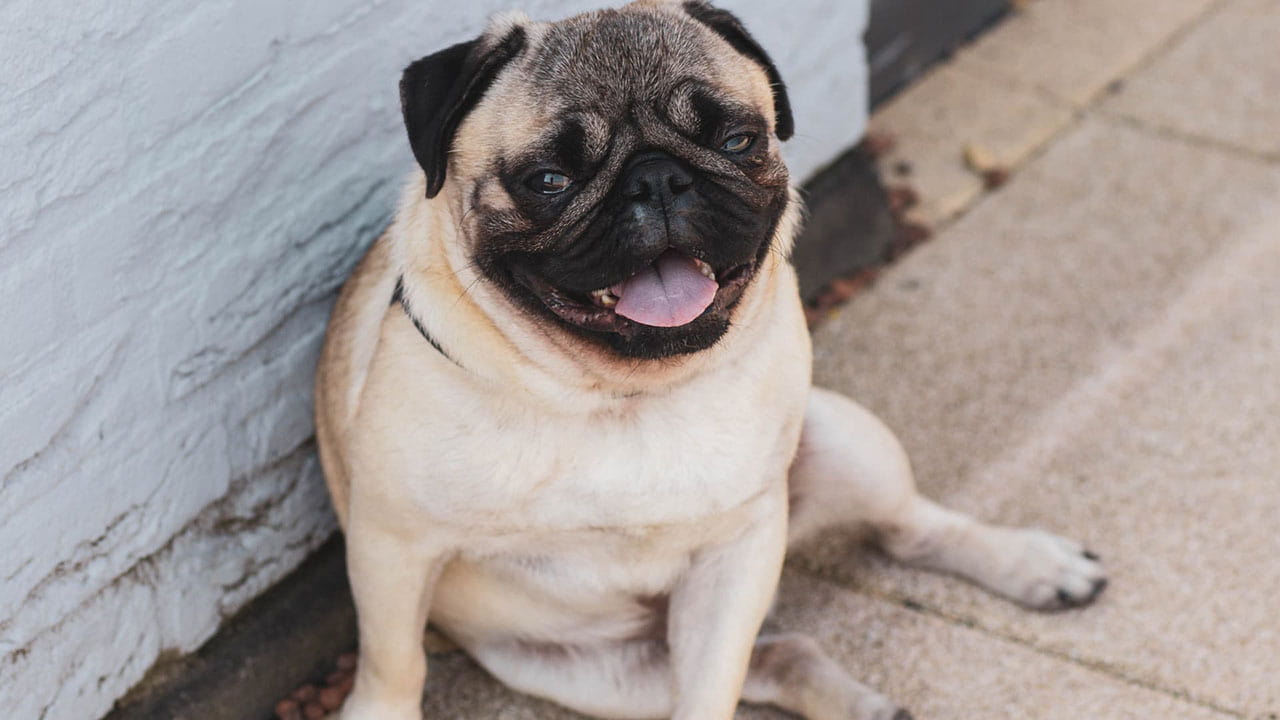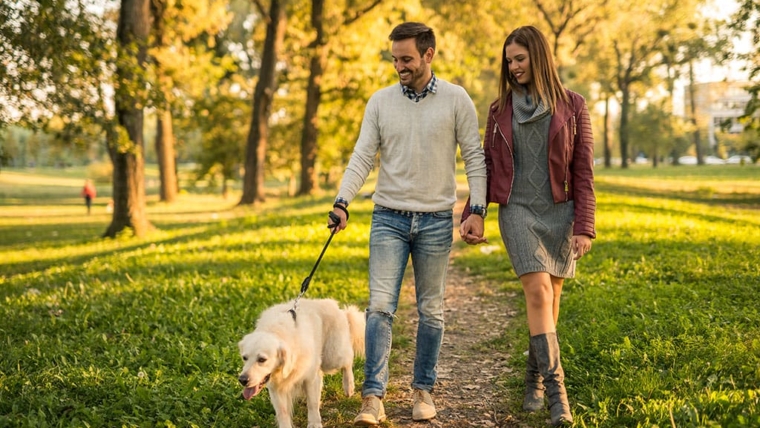
Diarrhea is defined as irregular or lose feces that occurs frequently and in large amounts. Diarrhea is a symptom of numerous diseases rather than a disease itself. Diarrhea caused by minor ailments can usually be treated swiftly and effectively. Diarrhea, on the other hand, can be a symptom of serious or life-threatening conditions such as organ failure or cancer. Diarrhea induced by even minor illnesses can be dangerous if treatment is not started as soon as possible to avoid dehydration and electrolyte imbalance.
Diarrhea is a frequent dog condition that varies in frequency, duration, and severity from dog to dog. While you may not be able to totally prevent diarrhea, learning more about it can help you decrease the number of times your dog experiences one of these unpleasant episodes. It might be able to shorten the time.
The canine digestive system:
Because dogs have a different digestive system than humans, they digest and eat in a different way. It’s critical to understand the digestive system of a dog so that you can feed it the proper food and recognize when something goes wrong. The mouth, esophagus, stomach, small intestine, and large intestine are all part of a dog’s monogastric gastrointestinal tract.
The digestive tract of a dog is an important organ that digests and absorbs nutrients from the food it consumes. Food is mechanically broken down into small pieces in the mouth before being sent to the stomach and intestines for chemical and enzymatic digestion and absorption. Undigested and unabsorbed material finally makes its way to the other end of the rectum.
The large intestine, the last segment of the digestive tract, is in charge of reabsorbing water from digested food and converting the undigested portion into solid waste. Beneficial bacteria live in this area of the gut, fermenting undigested and unabsorbed nutrients like fiber and converting them into absorbable chemicals that the body may utilize. In addition, the presence of helpful microorganisms in the large intestine helps dogs maintain good intestinal health. Lactic acid is produced by the fermentation of these bacteria, which can destroy dangerous microorganisms and prevent intestinal illnesses.
Common causes of diarrhea in dogs:
Diarrhea is caused by the fast passage of intestinal contents through the intestine, as well as a decrease in water, nutritional, and electrolyte absorption. Intestinal infection can be caused by a relatively simple condition such as bacteria, viruses, coccidia, or intestinal worms if your dog has a primary symptom of diarrhea. A common cause of severe (sudden) diarrhea in dogs is dietary abnormalities (eating rubbish or other irritating or irritating substances) or changing the diet. Severe diarrhea can also be caused by stress, particularly after traveling, boarding, or other changes in the environment.
Diarrhea, on the other hand, can be a sign of a more serious underlying problem, such as an allergy, bacterial or viral infection, inflammatory bowel disease, organ failure, or other systemic diseases.
- Dietary changes
- Contaminated food
- Poisonous substances
- Intestinal ulcers
- Superinfections
- Stress and anxiety
- Bacterial and parasitic infections
- Food allergies
How to stop diarrhea in dogs?
When it comes to stopping diarrhea in dogs, it’s critical not to give your dog pharmaceutical medications without first consulting your veterinarian. Many human medications are poisonous to dogs and can lead to severe health problems. If your dog has one or two runny or soft stools, you may wish to fast him for 10 to 20 hours to allow him to recover. A modest diet for one to two days may be beneficial in resolving your dog’s issue. Cooked white rice with a little chicken and a few canned plain pumpkins (not pumpkin pie filling) can help your dog’s stomach feel better. Slowly reintroduce your dog’s regular diet once they’ve recovered.
Natural yogurt, probiotics, peeled cooked potatoes, cottage cheese, greasy eggs, specially prepared dog food, and drugs prescribed by your veterinarian can also help relieve your dog’s upset stomach. When it comes to your dog’s health, it’s best to proceed with caution. Taking your dog to the vet for a checkup allows your vet to figure out what’s causing your dog’s diarrhea and prescribe the most effective therapy.
Antibiotics like metronidazole and colistin sulfate are used to treat stomach irritation. When bacterial overgrowth is suspected, more antibiotics, such as amoxicillin, may be added. Chemotherapeutic medicines may be recommended in the case of cancer-related diarrhea. Antidepressants and stomach protectors can help reduce stomach and upper GI irritation, and antidepressants are frequently used when vomiting or malfunction occurs. Pesticides and/or anti-inflammatory medications like prednisone are other alternatives.
A prescribed diet, a high-calorie diet, or a hypoallergenic diet are examples of other treatments. When dealing with diarrhea, it’s critical to keep the house and meals as clean as possible. Finally, if you have any concerns about your pet’s disease, you should always see your veterinarian. Remember that our dogs are unable to communicate their distress to us. Always consult your veterinarian if you have any doubts.
When should you contact a veterinarian?
If your dog has only had one bout of diarrhea and is otherwise healthy, you shouldn’t be concerned. Keep an eye on your canine companion’s bowel motions to make sure everything is in order. If your dog has more than two or three episodes, there could be a problem, so call your veterinarian if your dog has two or more diarrhea drops. Your colon may experience a painful obstruction due to ingestion of a foreign object such as a toy if it is pressurized to pass feces but only passes through a small volume of watery diarrhea. This is an extremely serious condition that necessitates immediate veterinary assistance; contact your veterinarian or seek treatment at the nearest emergency veterinary hospital. If your dear buddy is really elderly, very young, or has a weaker immune system, recurrent diarrhea in a short period of time can be a sign of a significant health problem. Parvovirus infections are exceedingly dangerous, infectious, and fatal. If your dog develops recurrent or chronic diarrhea, contact your veterinarian straight once.


